US President Donald Trump's administration has escalated its trade battle to the country’s highest court, asking the Supreme Court on Wednesday to rule swiftly that the president has authority under federal law to impose sweeping import tariffs.
The move follows a federal appeals court striking down most of Trump’s tariffs, ruling they were an unlawful use of emergency powers. Although the tariffs remain in place for now, the administration is urging urgent Supreme Court intervention, AP reported.
White House pushes for quick hearing
In a petition filed electronically late on Wednesday, Solicitor General D John Sauer asked the justices to hear the case in early November. The petition is expected to be formally docketed on Thursday.
“That decision casts a pall of uncertainty upon ongoing foreign negotiations that the president has been pursuing through tariffs over the past five months, jeopardising both already negotiated framework deals and ongoing negotiations,” Sauer wrote. “The stakes in this case could not be higher.”
Businesses push back against Tariffs
Small businesses, however, argue the tariffs have brought only financial strain and instability. Jeffrey Schwab, senior counsel at the Liberty Justice Center, said: “These unlawful tariffs are inflicting serious harm on small businesses and jeopardising their survival. We hope for a prompt resolution of this case for our clients.”
The businesses have already won twice--first at a federal trade court and again in a 7-4 ruling by the US Court of Appeals for the Federal Circuit.
Billions at stake for US treasury
The lawsuit is one of several challenging Trump’s tariffs and their erratic rollout, which unsettled global markets, strained ties with US allies, and raised fears of higher consumer prices. Still, the Trump administration has used tariffs to pressure countries such as Japan and the European Union into trade talks, with revenues reaching $159 billion by late August--more than double the previous year.
At the heart of the case is the 1977 International Emergency Economic Powers Act (IEEPA). The appeals court ruled the law does not grant the president sweeping tariff powers, while dissenting judges argued it does allow him to regulate imports during emergencies.
What happens if tariffs are struck down
The tariffs in question were imposed under national emergency declarations, including levies announced in April and earlier ones on imports from Canada, China and Mexico. While Trump can still impose duties under other trade laws, those carry more restrictions. The administration warned that if the tariffs are overturned, billions in previously collected duties may have to be refunded, delivering what it described as a major financial blow to the US Treasury.

 2 days ago
1
2 days ago
1

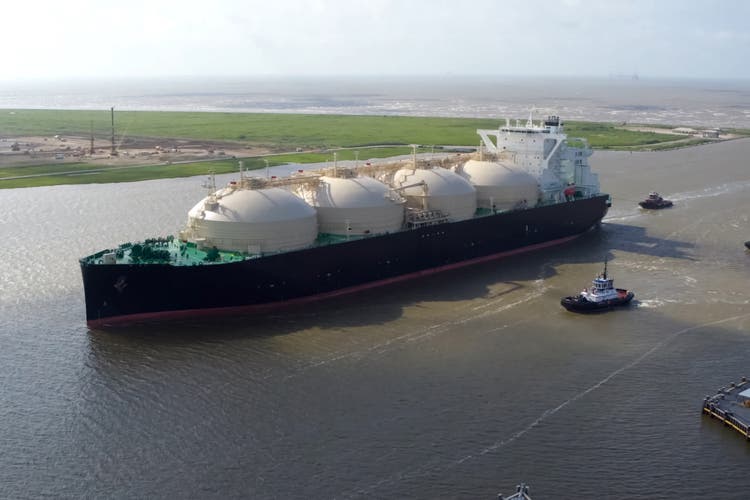
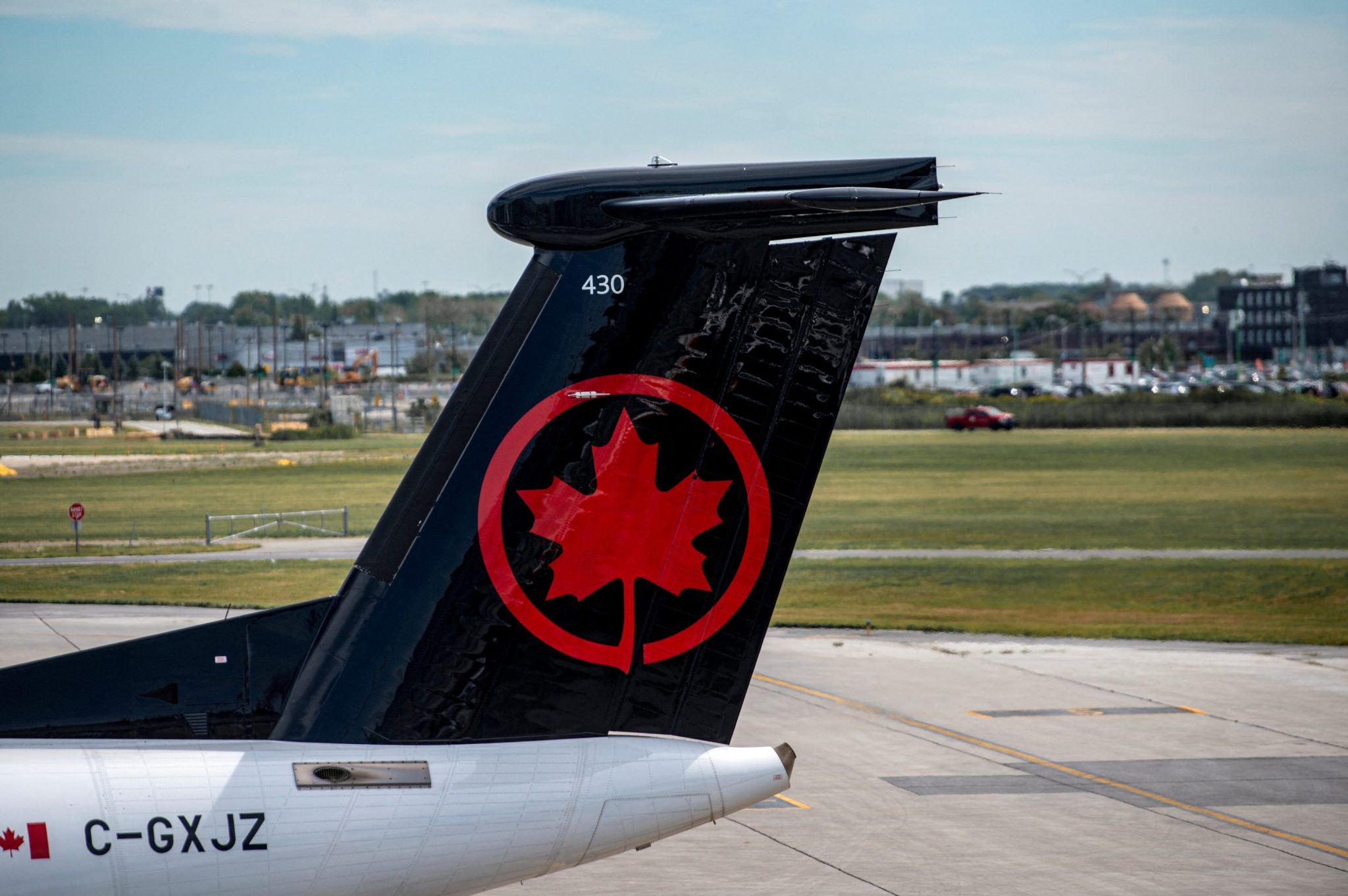

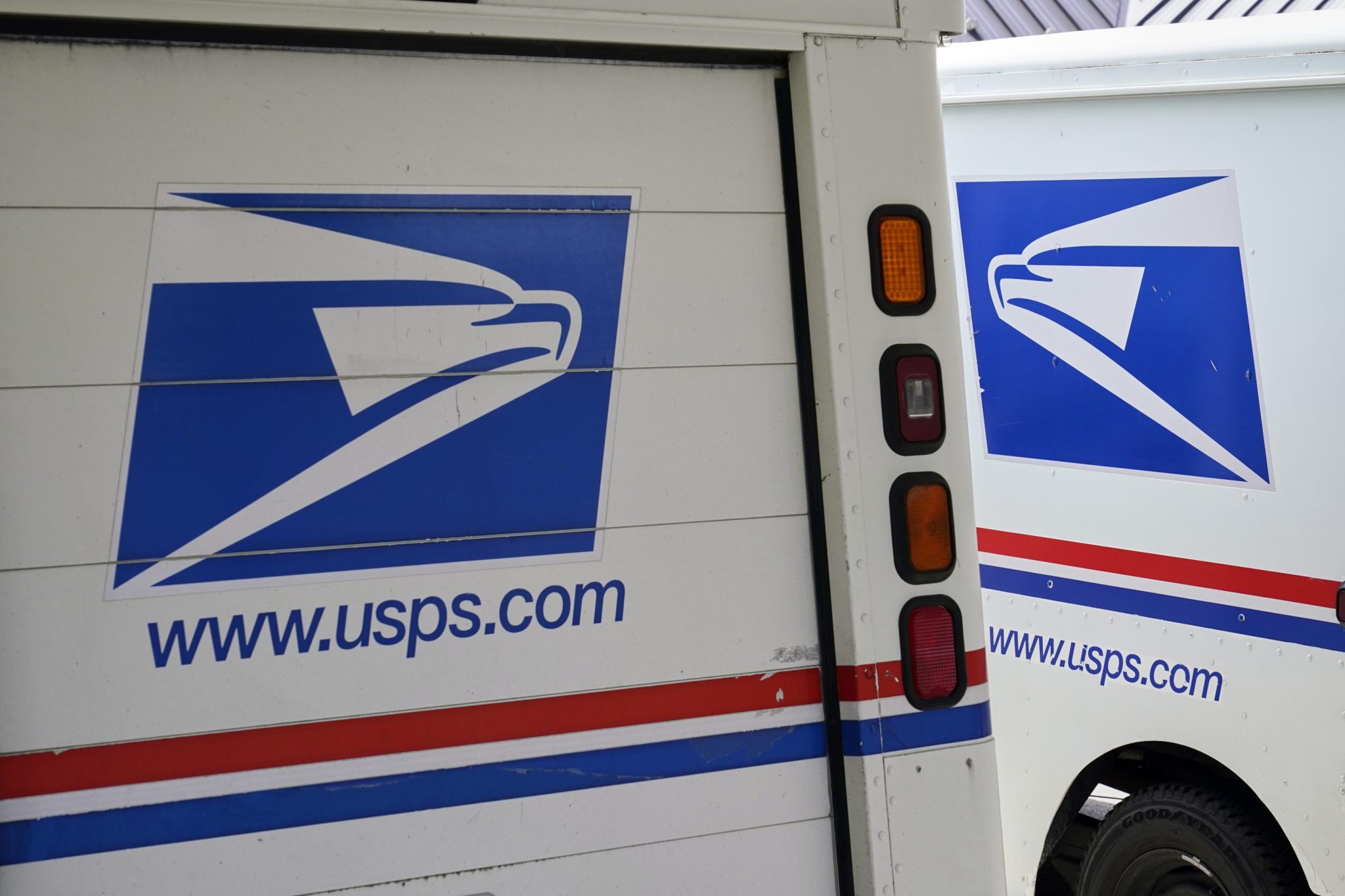
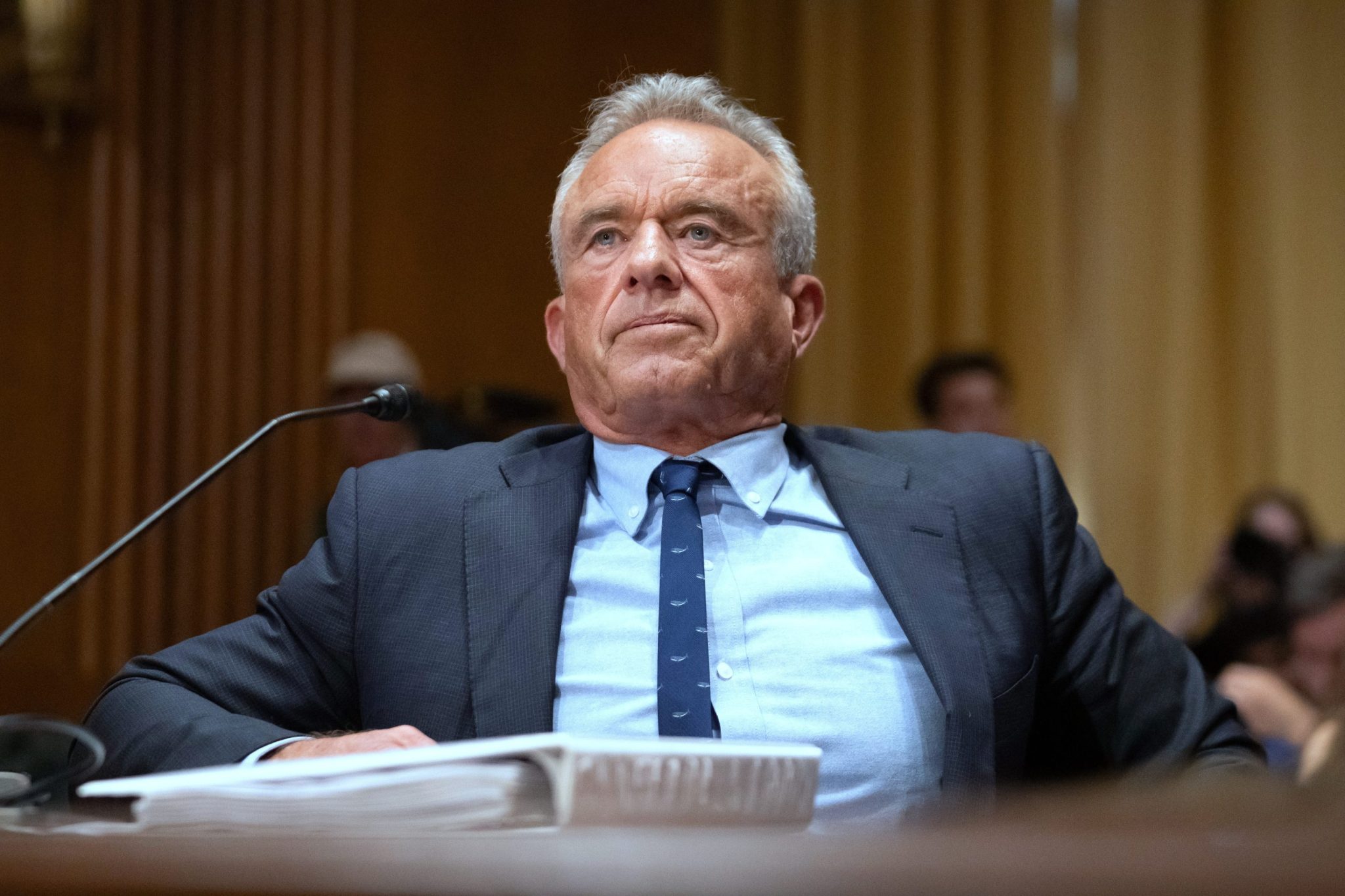








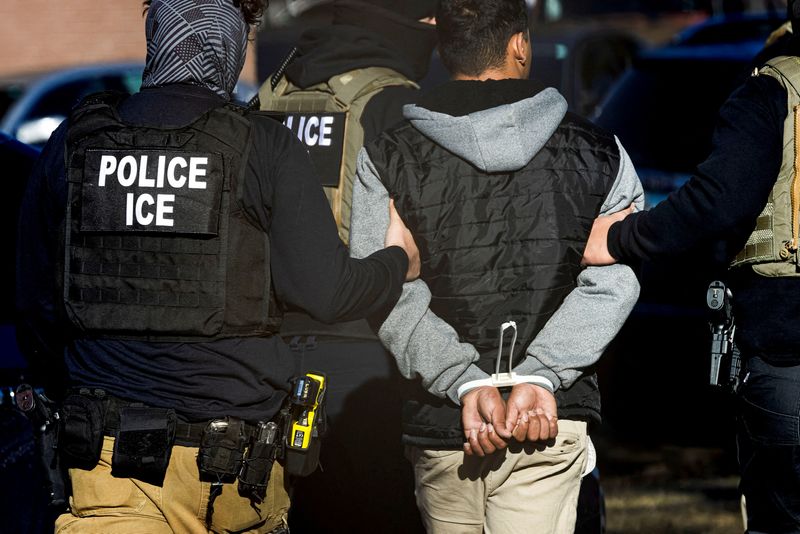
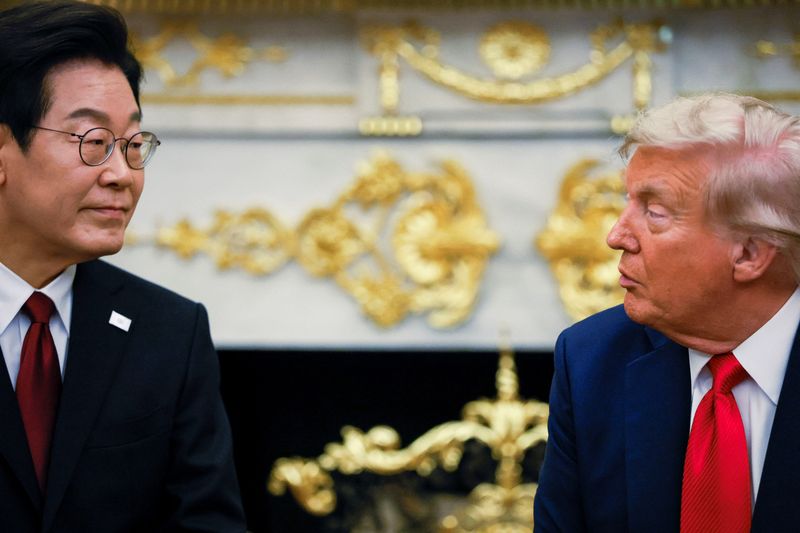
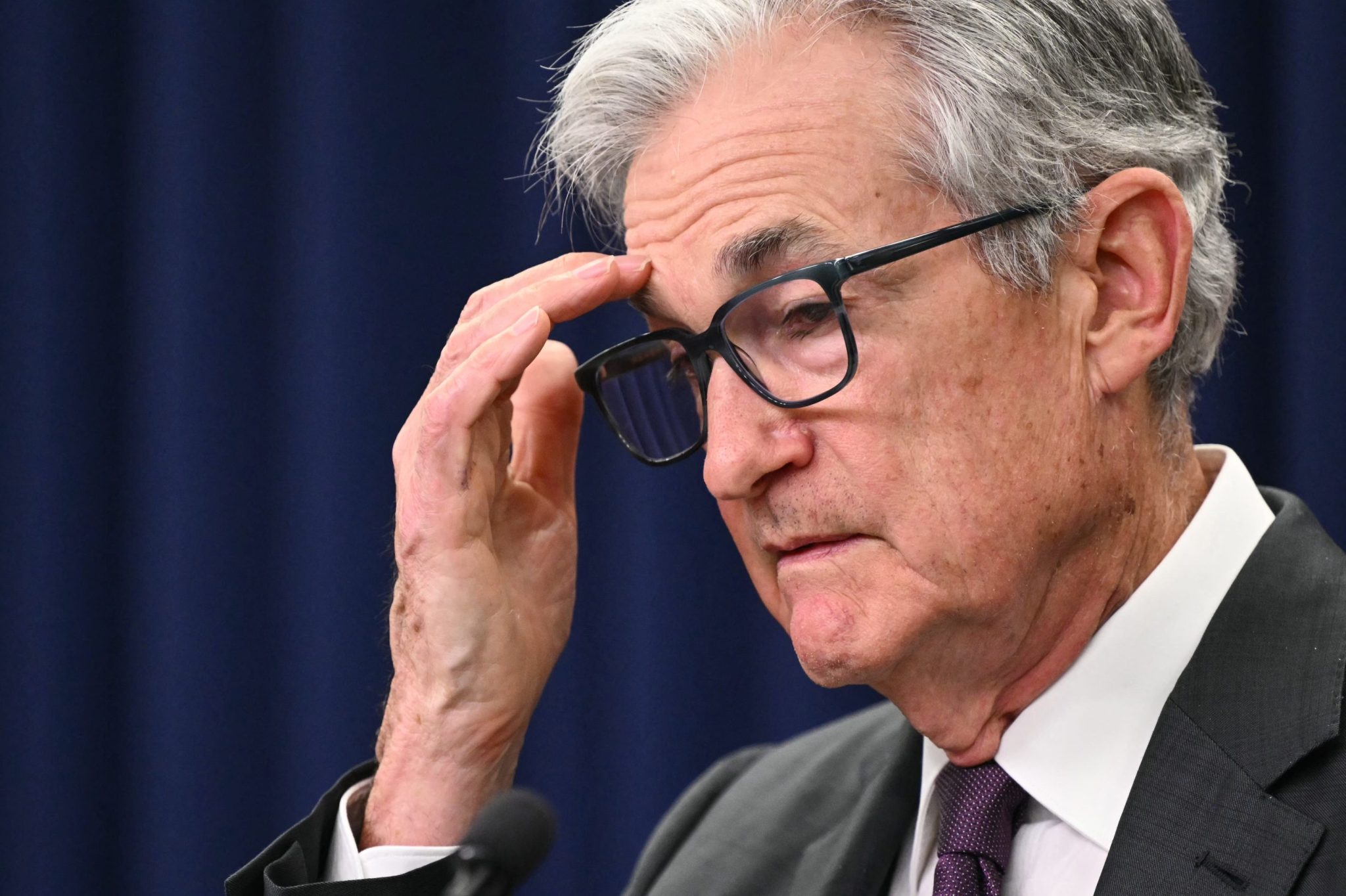


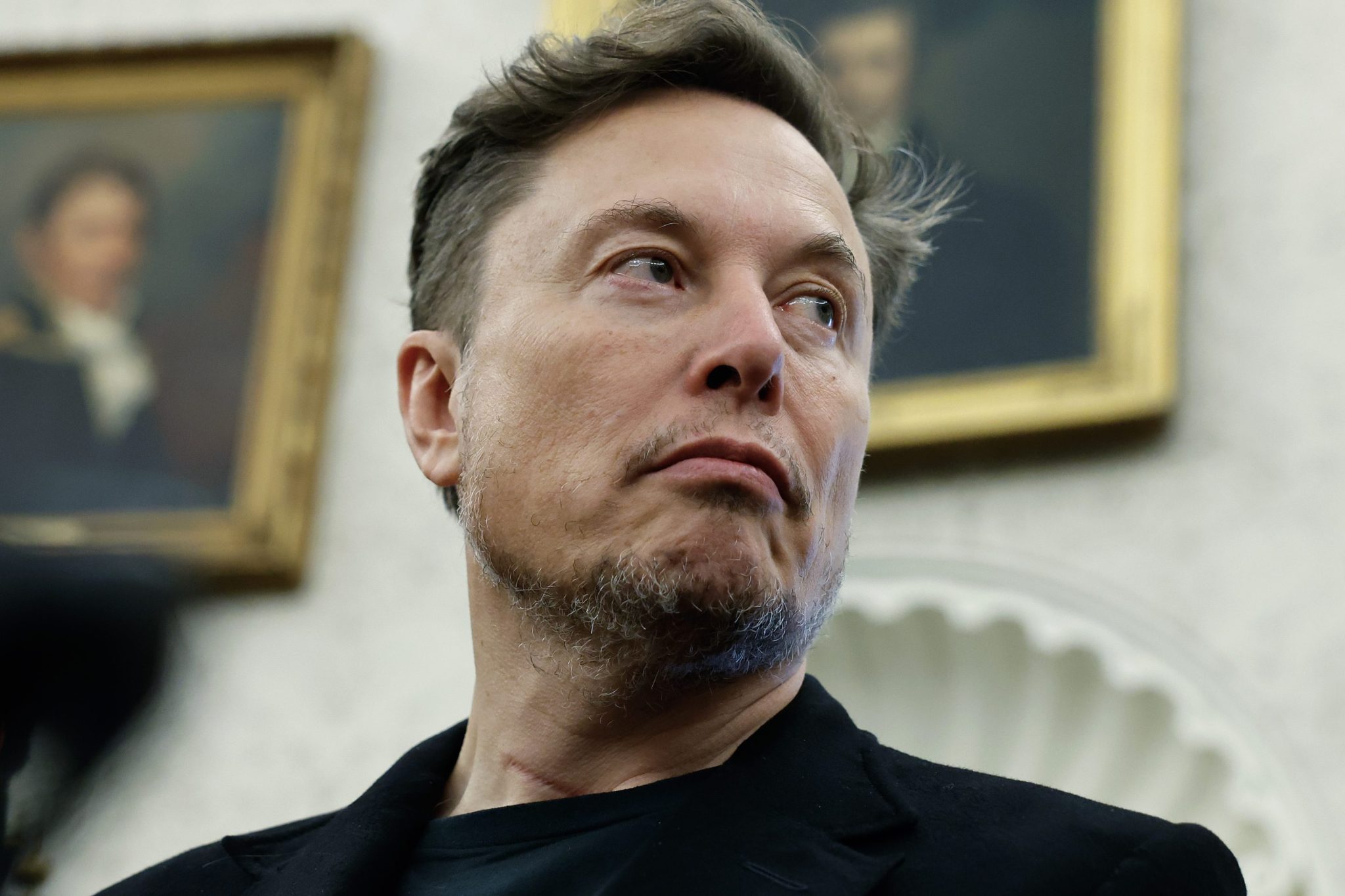



 English (US) ·
English (US) ·